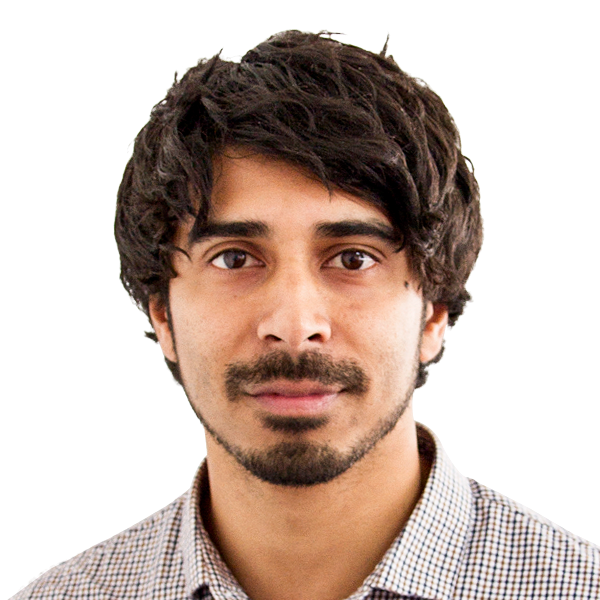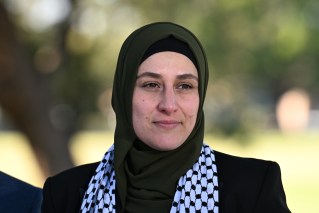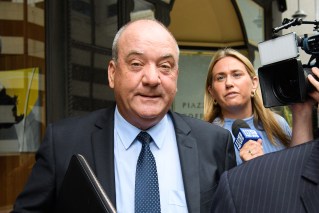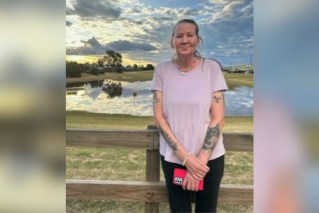Pauline Hanson’s call for internment is a nod to Australia’s dark past


Pauline Hanson floated the idea of internment this week. Photo: AAP
For Mia Spizzica, it came as no surprise that Australia was talking about internment once again.
Days after a deadly terrorist attack in the Melbourne suburb of Brighton, the idea of detaining those being surveilled for terror-related purposes was floated by One Nation leader Pauline Hanson.
“I can at least understand because now I’m on the other side of the coin,” Ms Spizzica, whose grandfather had been interned by Australian authorities during World War II, told The New Daily.
“My grandfather was blamed for what Mussolini was doing. But that doesn’t mean I now have to blame all Muslims for what a few are doing. It doesn’t mean I’m not fearful either.”
Antonio was one of thousands of Italians, Germans and Japanese forced into internment camps during World War II. They were deemed “enemy aliens” amid fears they might conspire against Australia.
Earlier this week, Senator Hanson wrote to Prime Minister Malcolm Turnbull to call for a return to such a policy – this time for those on terror “watch lists” who should be “interned to neutralise their possible harm to this country”.

An artist’s impression of an internment camp at Hay. Photo: Mary Evans Picture Library
While Australia does not have a specific ‘terror watch list’, there are about ongoing 400 terror investigations.
Her call came as Jim Molan, a retired army general who developed the Coalition’s Operation Sovereign Borders asylum seeker policy, argued in an opinion piece that Australia should consider secret courts to arrest and detain those deemed a risk by authorities.
Senator Hanson’s comments were widely condemned by political leaders, human rights groups and terrorism experts. But they point to increasing debate about a policy that the families of its victims say would mark a return to Australia’s dark past.
For Adam Grossetti, the existence of discussion about internment is hard to believe. His great uncles were also victims of the policy, including one who was detained despite fighting for Australia during World War I.
“He marched through those same gates at the Enoggera Barracks during World War II. But this time it was as an ‘enemy alien’,” he said.
Mr Grossetti, who has written about the impact of internment on the Italian community, said the policy had “multi-generational flow on effect”.
“The sense of injustice felt by some members of the Italian community is ongoing,” he told The New Daily.
“It’s a slippery slope. I remember sitting around in North Queensland and my own family talking about the internment years. It was a bitter pill for these people to swallow.”
Many internees were not even fascists and were detained merely because they were born in one of the Axis nations, according to Ms Spizzica, a Monash University researcher, who has spent years examining Australia’s internment history.
While she shared the concerns of many Australians about Islamist terrorism, she warned of the risks of scapegoating the Muslim community, a fate that had befallen thousands of innocents immigrant families during World War II.
Ms Spizzica has called on the Australian government to acknowledge the injustices experienced by victims of the nation’s internment history. Any return to a similar policy would be a failure to heed the lessons of the past, she said.
“You don’t want to create a subclass of people who are wrongly removed from society because of their beliefs,” she said. “Then we’re doing exactly what we said would never happen again.”








